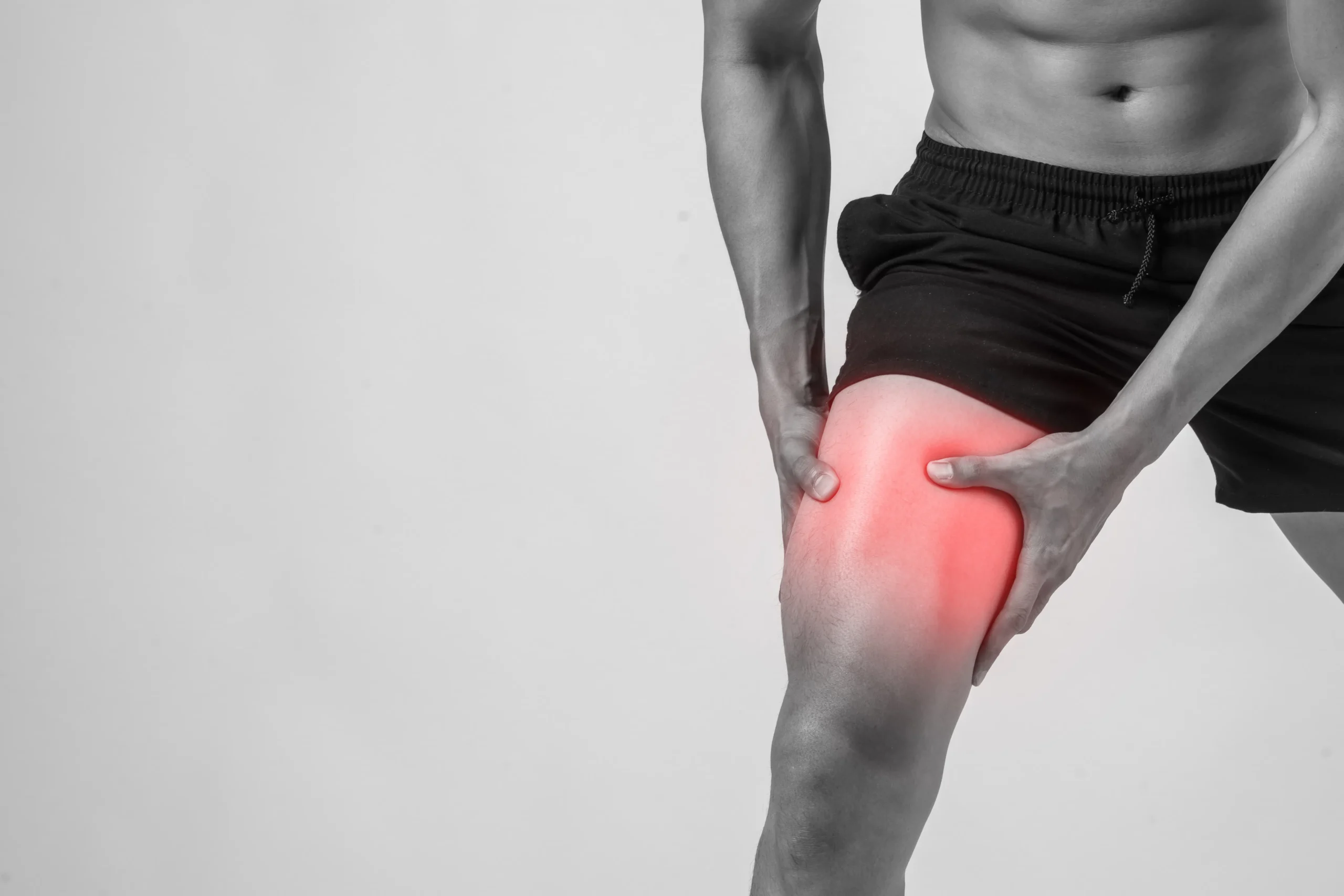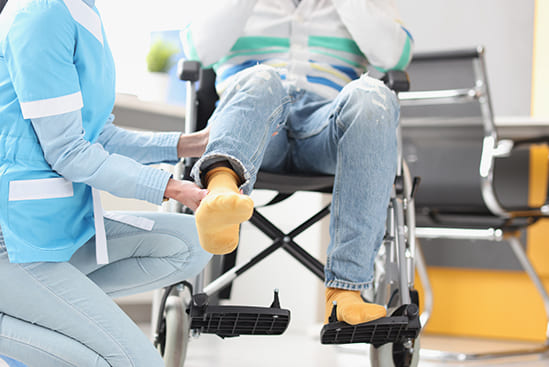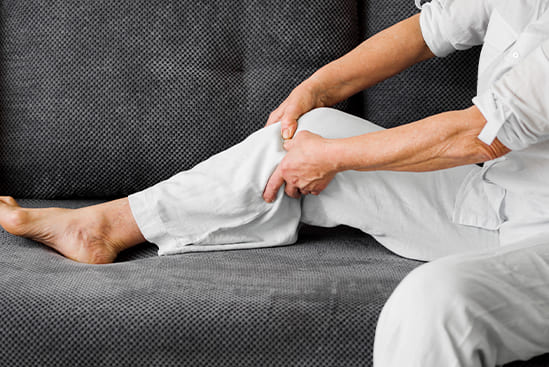

Introduction
If you’ve ever felt a sharp, shooting pain running down your lower back and leg, you might be dealing with sciatica. It’s more than just an annoying backache—sciatica can seriously affect your daily life, from walking and sitting to sleeping comfortably.
You might be wondering, “Is there a physiotherapy clinic near me that can help with this?” Good news—yes, there is! And even better, the right physiotherapy treatment can bring relief, restore movement, and help prevent the pain from coming back.
In this article, we’ll break down what sciatica is, how physiotherapy can treat it, and what to expect when you visit a physiotherapy clinic near me for expert care.
What Is Sciatica?
Sciatica refers to pain that travels along the path of the sciatic nerve, which runs from your lower back through your hips and down each leg. It’s usually caused by irritation or compression of this nerve—often from a slipped disc, spinal stenosis, or even tight muscles like the piriformis.
Common symptoms include:
- Sharp, burning, or shooting pain down one leg
- Numbness or tingling in the leg or foot
- Muscle weakness in the affected leg
- Pain that worsens when sitting, bending, or coughing
The pain can range from mild to severe, and if left untreated, it can become chronic and affect your quality of life.
How Can Physiotherapy Help?
Physiotherapy is one of the most effective and non-invasive ways to treat sciatica. Rather than just masking the pain with medication, physiotherapy aims to fix the root cause—helping your body heal and move the way it’s meant to.
When you visit a physiotherapy clinic near me, your treatment may include:
1. Detailed Assessment
Your physiotherapist will assess your posture, flexibility, muscle strength, and nerve response to understand what’s causing your sciatica and how it affects your movement.
2. Targeted Exercises
You’ll be guided through specific exercises that aim to:
- Reduce pressure on the sciatic nerve
- Improve core and back strength
- Stretch tight muscles
- Increase mobility in the spine and hips
These exercises are simple but powerful—and they can often be done at home too.
3. Manual Therapy
Hands-on techniques like soft tissue massage, joint mobilization, and trigger point release can help relieve tension and improve blood flow to the affected areas.
4. Posture and Ergonomic Advice
Your physiotherapist will teach you how to sit, stand, lift, and move in a way that protects your spine and avoids further irritation.
5. Education and Prevention
Knowing what movements to avoid, when to stretch, and how to listen to your body is key to long-term relief and prevention.
Why Choose a Physiotherapy Clinic Near Me?
Choosing a physiotherapy clinic near me means faster, easier access to the care you need—especially when you’re in pain. No long travel times. No delays. Just real help, close to home.
Here’s what to look for in a good clinic:
- Experienced physiotherapists with a focus on sciatica and nerve pain
- Personalized treatment plans based on your lifestyle and symptoms
- One-on-one sessions so you get full attention and support
- Flexible scheduling and a warm, welcoming environment
A nearby clinic also allows for consistent follow-up appointments, which are crucial in managing and recovering from sciatica.
What to Expect at Your First Visit
Your first physiotherapy session will focus on understanding your symptoms and how they affect your life. Expect to talk about:
- When the pain started
- What makes it better or worse
- Your daily activities and work habits
- Your medical history and any past injuries
You’ll also go through a gentle physical assessment to check your range of motion, strength, and nerve response. From there, your therapist will create a custom plan and explain what your treatment journey will look like.
Real-Life Benefits of Physiotherapy for Sciatica
With the right treatment, many people experience:
- Reduced leg and back pain
- Improved movement and flexibility
- Better posture and body awareness
- Stronger core muscles to support the spine
- A lower chance of the pain returning
Best of all, physiotherapy helps you feel more in control of your body and your recovery.
Don’t Wait—Get Help Today
Sciatica doesn’t have to take over your life. The longer it goes untreated, the more it can interfere with your movement, mood, and overall health.
If you’ve been Googling “physiotherapy clinic near me for sciatica”, now’s the time to take action. Early treatment can make a huge difference—not just in pain relief, but in preventing future problems and improving your quality of life.
Conclusion: Start Your Recovery with Synapse Physiotherapy
Finding relief from sciatica starts with finding the right care. At Synapse Physiotherapy, we provide personalized, hands-on treatment designed to target the cause of your pain and help you move freely again.
Our expert team takes the time to understand your needs, guide your recovery, and give you tools to stay strong long after your sessions end. If you’re searching for a physiotherapy clinic near me, look no further.
Let Synapse Physiotherapy be your partner in healing. Your journey toward a pain-free, active life starts today.
Tags :

Back & Neck Pain
- Spine & Core Rehabilitation
- Strength & Conditioning Programme
- Pain Management
- Biomechanical Assessment
- Sports Physiotherapy
- Group Class

Sports Injuries
- Strength & Conditioning Programme
- Pain Management
- Biomechanical Assessment
- Sports Physiotherapy
- Shockwave Therapy
- Group Class

Work Desk Injuries

Pre-Post-Surgical Conditions

Scoliosis & Postural Abnormalities

Neurological Conditions

Osteoarthritis & Rheumatism
Joint degeneration and inflammation happens as the human body grows older, but that does not mean our way of life degenerates as well. Relief your joint pains with a joint effort together with your physiotherapist, who will provide pain-relief treatments and prescribe exercises for your wellbeing.

Conditions Relating To Elderly
Common conditions in the older age population include hips & knee pain, back & neck pain, osteoarthritis, rheumatism, fear of falling and many more. Aging and degeneration of bodily function is inevitable, but here at Synapse, we will help you live the best of your life.




